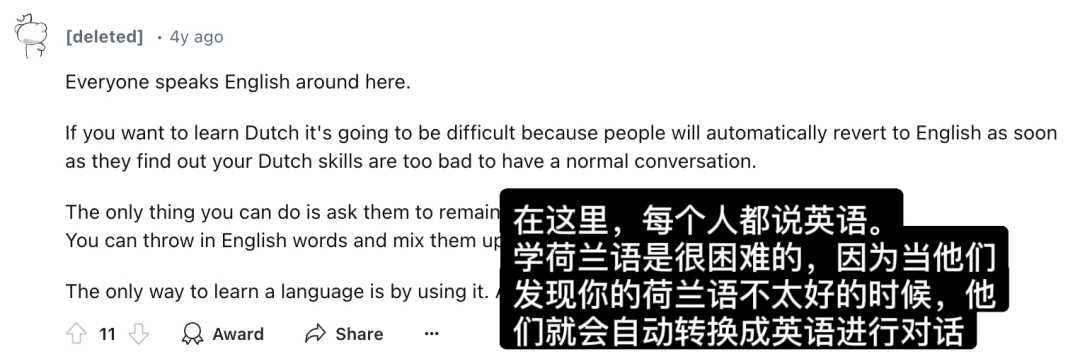旅游类话题在托福独立写作的题库中所占比重不大,且语料素材的通用性较高。但是,因为旅游类话题经常会涉及到“culture”和“history”相关的子话题,而这一类的话题通常素材又比较难,所以同学们还是需要有所准备。
作为很多人向往的放松和娱乐的方式,旅游其实仍然算是大家在日常生活中会聊到的话题。但是,当旅游类话题变成托福独立写作题目的时候,很多同学都会面临两个问题。
首先,大家平时聊到旅行,主要都是讨论风景有多美,一些热门的旅游景点和当地的美食小吃,并不会探究一些更深层次的问题,如背后的历史和文化。所以如果题目需要考生讨论旅行背后的意义,很多同学并没有足够的语料素材。
同时,在进行举例论证时也需要同学们能够用英文准确地描述一些旅游景点、人文习俗等。对于一部分同学来说这也是一个不小的挑战。很多内容大家用中文都能侃侃而谈,但是翻译成英文却又是另外一回事了。
那么究竟应该怎样应对旅游类话题呢?
首先,南瓜君建议同学们要提准备好一些旅游类话题的常用素材,包括单词短语,以及一些著名的tourist attractions(国内和国外可以各准备一个英文版的简单介绍,包括一些基本的信息)和traditional festivals and customs(传统的节日以及当地人会做的一些活动)。这些语料素材在同类话题的不同题目中能够重复使用的概率非常高。
另外,在举例时,同学们要以“万物皆可日常”为准则。例如,旅行中和“culture”相关的经历不一定非要上升到社会影响和价值观,我们可以通过描述在旅行中交到了一个当地的朋友,他/她带着你体验了不同的生活习惯,让你感受到了文化的多样性(diversity)这样的方式来表达。
旅游类话题的常见题目有:
? Do you agree or disagree with the following statement? It is better to travel abroad to visit different countries when you are younger rather than when you are older.
?Imagine you have one week to spend on a vacation in a city you have never been to before would you prefer to spend the week participating in scheduled activities such as going on guided tours of the city, or would you prefer to spend the week exploring the city on your own, with no scheduled activities.
? l If you decide to travel to one of two places and you don’t know which one to visit, which of the following two ways do you think can better help you make the decision? Searching the place online or discussing them with a friend who have been to both of the two places.
? l Do you agree or disagree with the following statement: Visiting museum is the best way to learn about a country.
下面我们就以其中一道旅游类话题的独立写作真题为例,给同学们做一个具体示范。
例题解析
“假设你有一周的时间去一个你完全陌生的城市旅游。你是更倾向于跟旅行团出游,参加一些已经安排好的活动,还是自己没有计划地探索这座城市?”
本道题目有一些修饰信息,大家在审题时可以作为参考,但是仍然要把握住关键信息。关键信息有:“a city you have never been to before”、“scheduled activities”、“no scheduled activities”.
如果倾向于选择schedule activities, 那么就可以从“团体游”的角度入手,考虑其优势有哪些。
比较常见的理由包括:
1. 有人带领:some one to show you way: where you are going each morning, probably take you there, give you fact about everything you along the way; language
2. 交到朋友:instant friends, all kinds of different people on the trip
3. 安全问题:safety, a tour leader to advise if things go wrong
4. 折扣:group discounts
5. 有人帮忙照相:have someone for the photos
相反,同学们则可以考虑“自由行”的好处。比较常见的理由有:
1. 自己做决定:it is absolutely ok to be selfish, make decisions on your own and no need to compromise
2. 和当地人交流:meet interesting people, chat with locals, meet new friends and be more sociable
3. 锻炼自己:step outside the comfort zone: get out of any tricky trip situations by yourself, problem-solving, deal with pressure and develop self-belief
4. 提高语言能力:improve language skills, full immerse in a foreign culture, dismantle and language barrier, forced to constantly practice the new language
其中,有一些理由相对来说更容易组织成完整的段落,大家可以根据自己的观点和经历选择。下面我们来看老师完整的段落示范。
段落示范
To begin with, people can be more prepared and organized if they travel with a tour group. People will be informed where they are going each morning. The guide will probably take them there, and he or she will be able to give facts and information about everything along the way. They can also help travelers to overcome language barriers. For example, I traveled to Japan with a tour group last year and we were arranged to visit different famous tourist attractions in Tokyo. The guide Mr. Tanaka would tell us the schedule in advance and we gathered at the hotel lobby next morning, then the driver would take us there. When we were visiting the Tokyo Tower, Mr. Tanaka told us lots of facts about it including how tall it is and what kinds of activities we can do there. More importantly, since none of us speaks Japanese, we always relied on him to do some translations for us.













